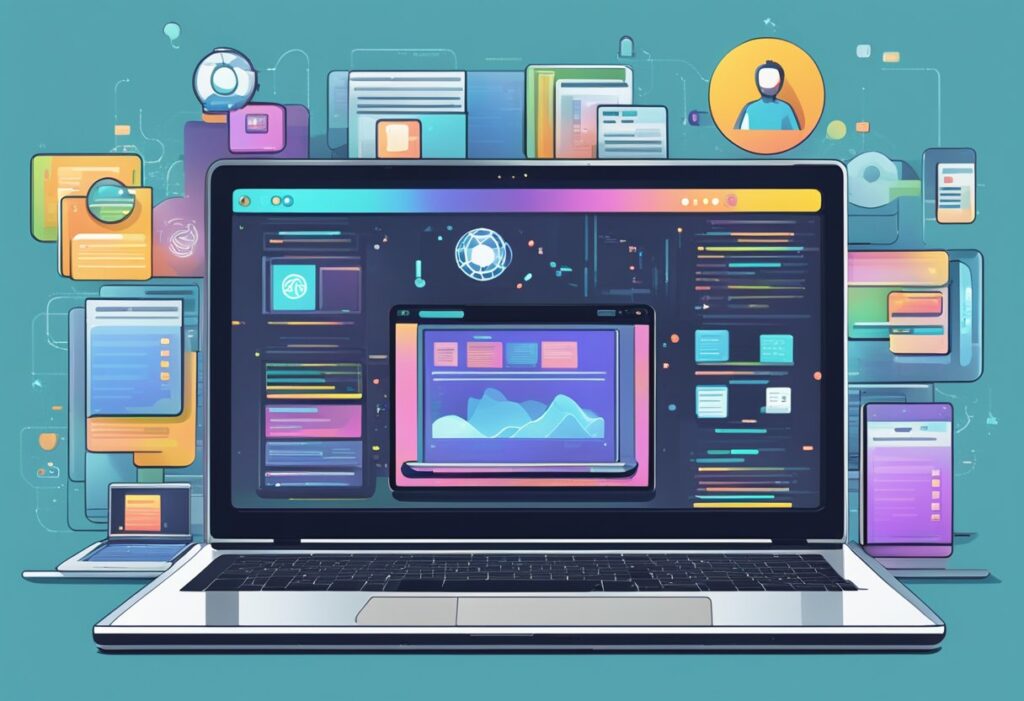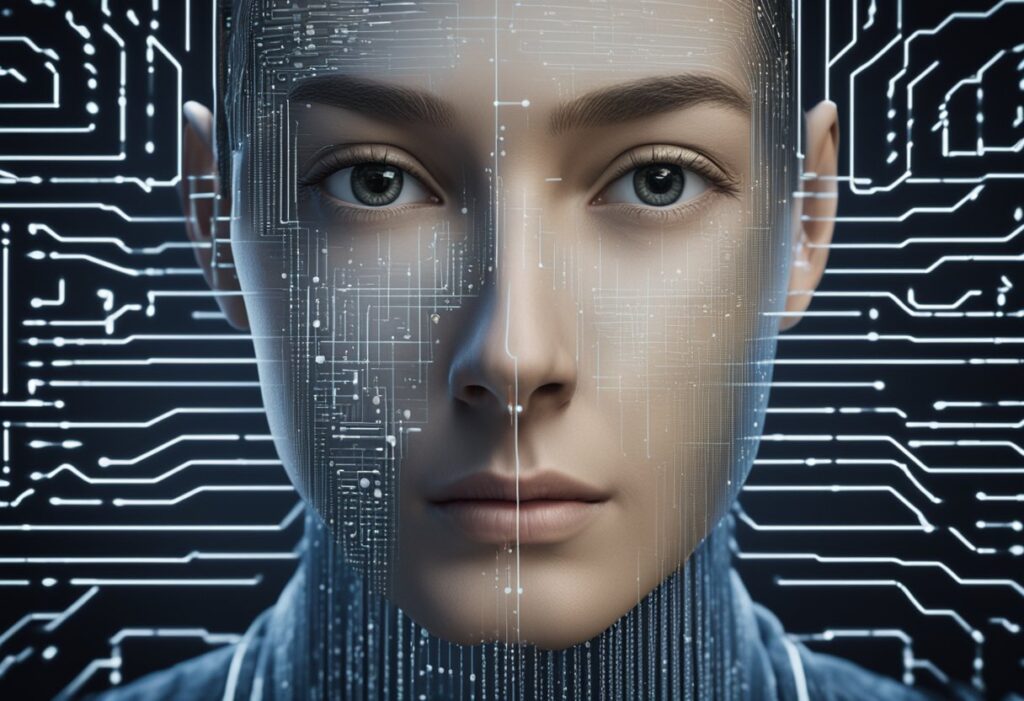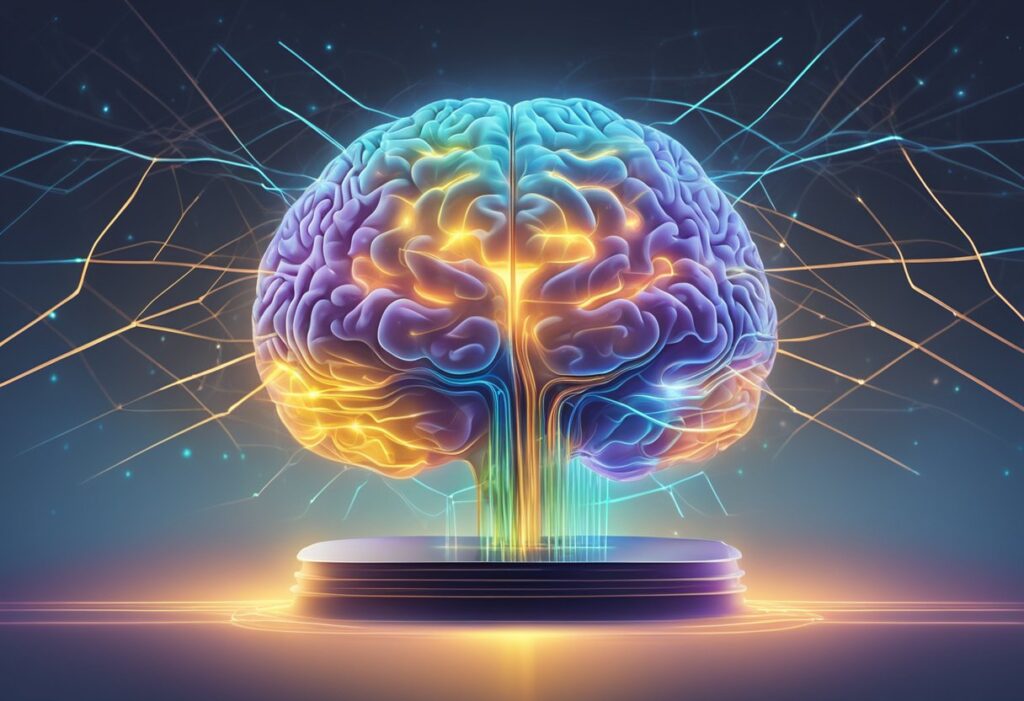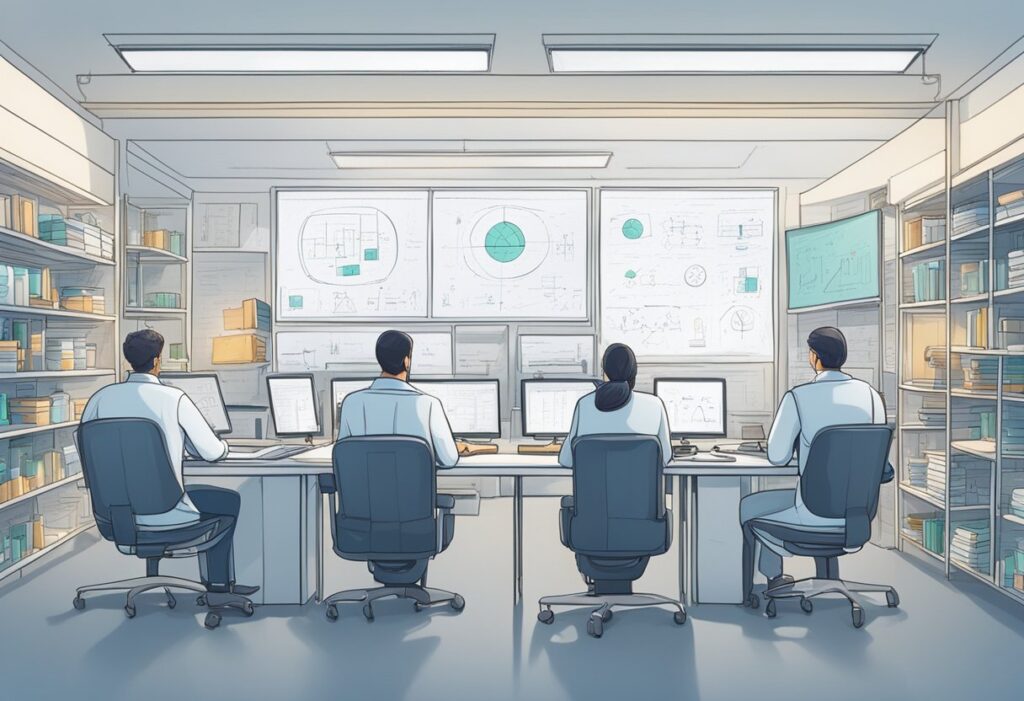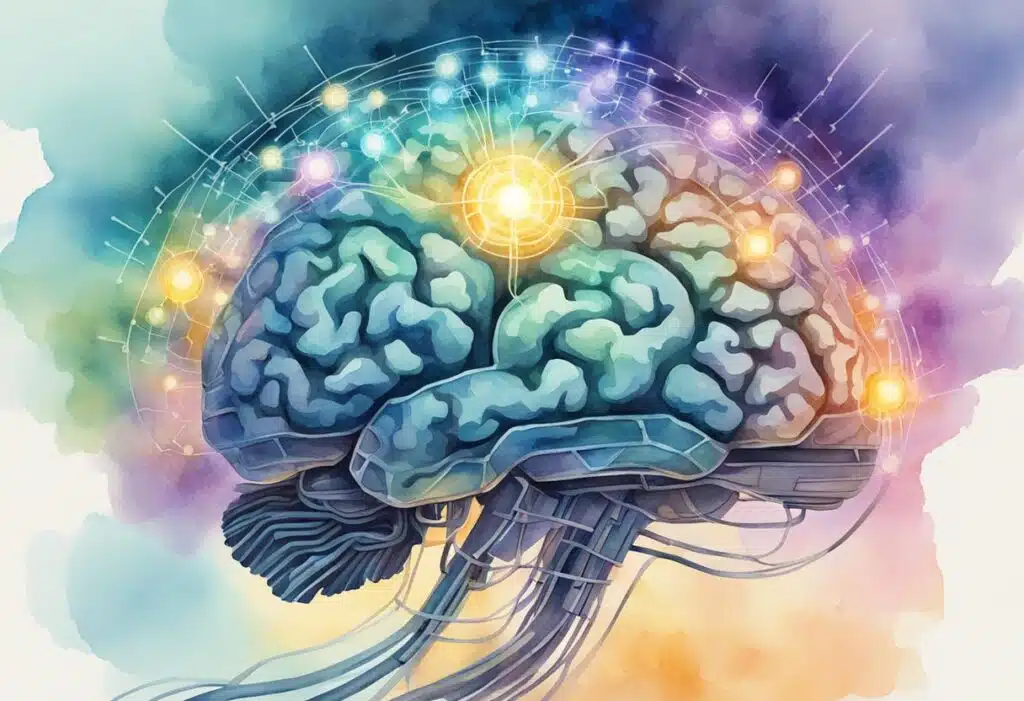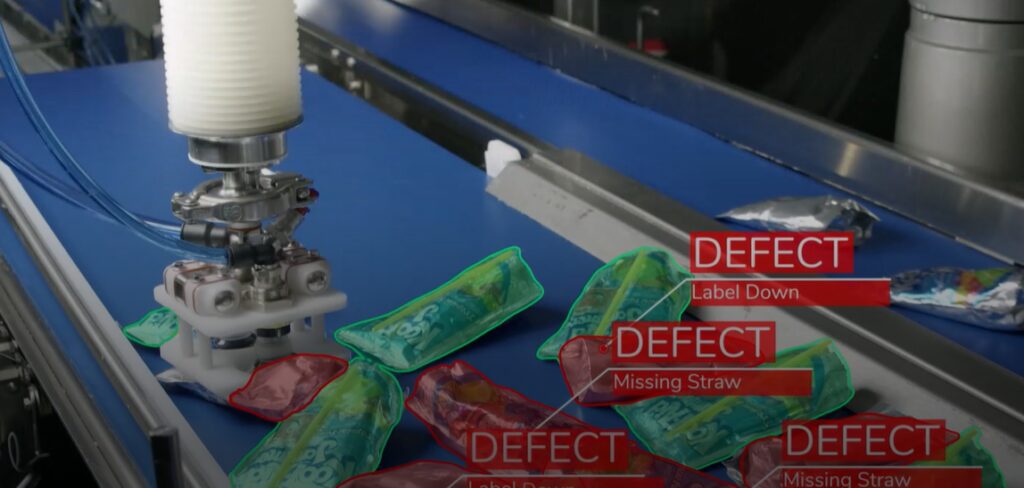
Oxipital AI is at the forefront of a technological revolution, transforming how we interact with the world around us. As artificial intelligence continues to evolve, Oxipital AI represents the next frontier in innovation, combining advanced computer vision with sophisticated machine learning algorithms to create a system capable of understanding and responding to complex stimuli.
The Genesis of Oxipital AI
The inception of Oxipital AI stems from the ambition to transcend the limitations of existing AI technologies. Traditional AI systems, while powerful, often fall short when it comes to real-world application due to their inability to process and interpret visual data effectively. Oxipital AI bridges this gap by integrating deep learning techniques with high-definition imaging and pattern recognition. The result is an AI system that can perceive its environment with remarkable clarity and make decisions with an unprecedented level of accuracy.
The Technology Behind Oxipital AI
At the heart of Oxipital AI is its ability to process and interpret vast amounts of data in real-time. Utilizing convolutional neural networks (CNNs), the system can analyze images and video feeds with a depth and precision that was previously unattainable. These neural networks mimic the way the human brain processes visual information, allowing Oxipital AI to recognize objects, track movements, and even understand facial expressions.
Moreover, Oxipital AI’s self-learning capabilities enable it to improve over time. As it processes more data, the AI refines its algorithms, becoming more accurate and efficient. This continuous learning process is what sets Oxipital AI apart, ensuring that it remains at the cutting edge of AI technology.
Transforming Healthcare with Oxipital AI
One of the most significant impacts of Oxipital AI is in the field of healthcare. By integrating AI-driven diagnostics with medical imaging technologies, Oxipital AI can identify diseases at an early stage with incredible accuracy. For instance, in radiology, Oxipital AI can analyze X-rays, MRIs, and CT scans, detecting anomalies that might be missed by the human eye. This not only accelerates the diagnostic process but also improves patient outcomes by enabling earlier and more targeted treatment.
Furthermore, Oxipital AI is revolutionizing surgical procedures. Through its real-time imaging capabilities, the AI assists surgeons by providing enhanced visualizations of the area being operated on. This guidance reduces the risk of errors and improves the precision of complex surgeries.
Oxipital AI in Manufacturing: A New Era of Efficiency
In the manufacturing sector, Oxipital AI is driving efficiency to new heights. The technology’s ability to monitor production lines in real-time allows it to identify defects and irregularities with pinpoint accuracy. By automating this quality control process, Oxipital AI minimizes waste and ensures that only products meeting the highest standards reach the market.
Additionally, Oxipital AI optimizes the entire supply chain. By analyzing data from various stages of production and distribution, the AI can predict potential bottlenecks and suggest adjustments to prevent delays. This proactive approach results in smoother operations and significant cost savings for manufacturers.
Retail Transformation Through Oxipital AI
Retailers are leveraging Oxipital AI to enhance customer experiences and streamline operations. By analyzing consumer behavior patterns, the AI can provide insights into purchasing trends, helping retailers tailor their marketing strategies more effectively. For example, by understanding which products are most popular among certain demographics, retailers can optimize their inventory and ensure they meet customer demand.
Moreover, Oxipital AI-powered smart displays are transforming the in-store experience. These displays can recognize individual shoppers, suggest products based on their preferences, and even offer personalized discounts. This level of customization not only improves customer satisfaction but also boosts sales.
Smart Homes: Living with Oxipital AI
Oxipital AI is also making its mark in the realm of smart home technology. From security systems that can recognize faces and monitor activities to home assistants that learn your daily routine and adjust your environment accordingly, Oxipital AI is enhancing the convenience and safety of our living spaces. Imagine a home where the lights adjust automatically based on your mood, or where your refrigerator can suggest recipes based on the ingredients it detects inside. This is the future that Oxipital AI is bringing into our homes.
Shaping the Future Workplace
The integration of Oxipital AI into the workplace is set to redefine how businesses operate. By automating repetitive tasks, the AI allows employees to focus on more strategic and creative work. This shift not only increases productivity but also enhances job satisfaction, as workers are freed from monotonous duties and empowered to engage in more meaningful activities.
Moreover, Oxipital AI is enhancing workplace safety. In industries such as construction and manufacturing, the AI can monitor conditions in real-time, identifying potential hazards and alerting workers before accidents occur. This proactive approach to safety is crucial in reducing workplace injuries and ensuring a secure environment for all employees.
The Ethical Considerations of Oxipital AI
As with any powerful technology, the rise of Oxipital AI brings with it significant ethical considerations. The creators of Oxipital AI are deeply aware of the responsibilities that come with developing such advanced technology. They emphasize the importance of transparency, accountability, and the protection of individual privacy.
One of the key ethical challenges is ensuring that Oxipital AI is used to benefit society as a whole. There is a risk that such powerful technology could be misused, leading to issues such as surveillance overreach or bias in decision-making processes. To address these concerns, developers are incorporating strict ethical guidelines into the design and deployment of Oxipital AI, ensuring that its applications are fair, just, and aligned with societal values.
The Future of Oxipital AI: What’s Next?
The future of Oxipital AI is incredibly promising, with new advancements on the horizon. Researchers are exploring ways to enhance the AI’s natural language processing abilities, enabling it to understand and generate human language with greater nuance. This would open up new possibilities in fields such as customer service, where AI could handle more complex interactions with customers.
Additionally, there is growing interest in expanding Oxipital AI’s emotional intelligence. By better understanding human emotions, the AI could provide more empathetic responses and improve interactions in fields such as healthcare and education.
Another exciting area of development is the potential for AI-driven creativity. As Oxipital AI continues to evolve, it may one day be capable of creating art, music, and literature that rivals human creativity. This raises intriguing questions about the nature of creativity and the role of AI in artistic endeavors.
Preparing for an AI-Driven Future
To keep pace with the rapid advancements in Oxipital AI, educational institutions are adapting their curricula. Schools and universities are offering courses in AI and machine learning, ensuring that the next generation of workers is equipped with the skills needed to thrive in an AI-driven world. Additionally, businesses are investing in training programs to help their employees adapt to new technologies and leverage AI to enhance their work.
Conclusion: Embracing the Oxipital AI Revolution
Oxipital AI is not just a technological innovation; it is a transformative force that is reshaping industries, enhancing everyday life, and redefining the future of work. Its applications are vast and varied, offering benefits that were unimaginable just a few years ago. However, as we embrace this revolutionary technology, it is crucial to navigate its ethical implications carefully, ensuring that AI serves humanity in positive and equitable ways.
